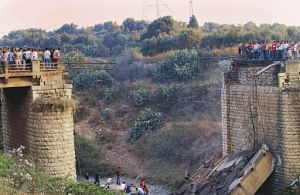Proposed Lebanon Peace Force
Command, logistics pose main problems
Afp, London
The biggest obstacle to creating an international peacekeeping force in Lebanon is determining who will lead it, while questions remain over troops and transport, defence analysts said on Thursday. The two most likely and experienced candidates to lead the peacekeepers would be the European Union or France, with both the United States and the North Atlantic Treaty Organisation (Nato) excluded because of their involvement in Iraq and Afghanistan. "The United States would be seen as the wrong actor in the region, Nato is seen by some as the wrong actor, as well," Tim Williams, head of the European Security Programme at the London-based defence think-tank the Royal United Services Institute (Rusi), told AFP. "There is an image concern. The question of who is going to command it has still not been resolved." Israeli Prime Minister Ehud Olmert said in British newspaper interviews Thursday that he wants some 15,000 foreign troops to be deployed in southern Lebanon to help end its fight with Hezbollah. But according to RUSI, the EU has little experience leading a force that large. The 7,000-strong troop deployment in Bosnia and Herzegovina is the largest the EU has handled to date, it said.
|

Lebanese men inspect a destroyed bridge after it was attacked by an Israeli air strike in the northern Lebanese region of Akkar, near the Syrian border, Wednesday. Israel launched fresh air strikes on Beirut yesterday after a lull of several days, while UN powers inched toward agreement on a Security Council resolution to end the three-week-old conflict. PHOTO: AFP |